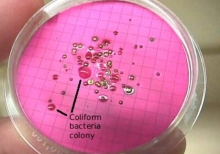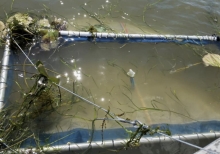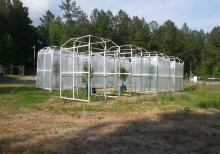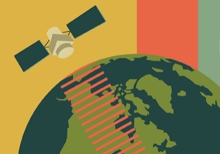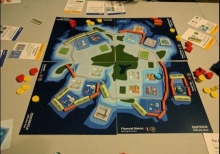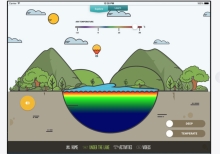Explore More: Water Quality
The water we drink, the places we swim, and the plants and animals within our environment are increasingly threatened by one thing--pollution. Agricultural practices, household uses, urban runoff, and other sources significantly impact our communities and the world. The ways we use water, the pollutants found in it, and the issues that challenge its quality must be understood if we are to protect this vital resource. This award-winning program examines the threats, surveys the experts, and challenges you to make a difference through the choices you make.

